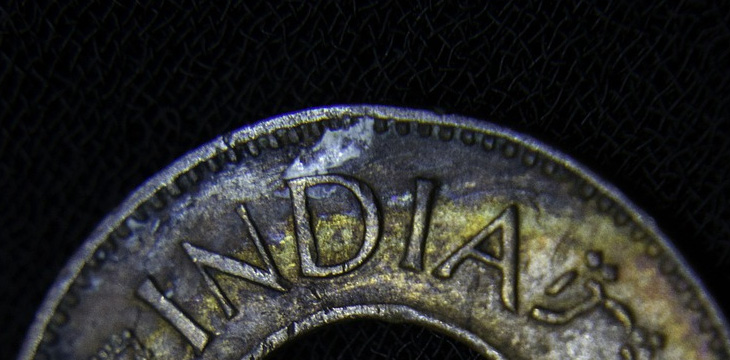|
Getting your Trinity Audio player ready...
|
If details being disseminated through media outlets in India are correct, the country is certainly not ready to embrace cryptocurrencies. Finance Secretary Subhash Chandra Garg announced last week that a government-commissioned report on crypto regulations was almost complete, and that he and his staff were only putting the final touches in place. If there were a chance that those regulations would have been friendly to the crypto ecosystem, what has surfaced through the media outlets doesn’t show it.
Details of the upcoming report have allegedly been leaked to the media and industry experts have been given access to the details in order to provide their assessments. Garg is reportedly going to propose a bill, “Banning of Cryptocurrency & Regulation of Official Digital Currency Bill 2019,” that will change the direction of crypto in India forever.
According to India’s The Economic Times, who cited someone in the government who didn’t want to be named, “The government has kicked off interministerial consultations on a draft bill to ban cryptocurrencies and regulate official digital currencies.”
Another news outlet, Bloombergquint, is behind the rumor that India could propose a jail term of up to ten years for using crypto. However, the experts who reviewed the bill determined that there was no language that specifically outlined jail terms for all use – only for certain activities.
Bloombergquint journalist Nikunj Ohri shared alleged sections of the bill on Twitter. One of these states, “Whoever directly or indirectly mines, generates, holds, sells, deals in, transfers, disposes of or issues cryptocurrency or any combination thereof with an intent to use it for any of the purposes mentioned in, or directly or indirectly uses cryptocurrency for any of the activities mentioned in clauses (e), (g) and/or (h) of sub-section (1) of Section 8 shall be punishable with fine as may be prescribed by the central government in the first schedule or with imprisonment which shall not be less than one year but which may extend up to ten years, or both…”
The issue with the excerpt, however, is that it discusses “Section 8,” which is never revealed by the media. Absent the information therein contained, it is possible that the crypto is illegal only as part of other illegal activities, such as money laundering or theft.
Bloombergquint also suggests that anyone holding crypto will have to “declare and dispose it within 90 days from the date of commencement of the act.” However, given the current framework of digital currency wallets, there would be no way for the government to know who holds what.
It’s way too early to try and figure out how India plans on reacting to crypto. The country has maintained a see-saw effect for more than a year, vacillating back and forth on the subject. Not until the final regulatory guidelines are published will the future picture truly be made clear.

 03-05-2026
03-05-2026 




